Palmetto Bluff Real Estate Company Sales Office
Office Hours
Monday-Friday 9am - 5pm
Saturday 9am - 4pm
Sunday 12 - 4pm
Saturday 9am - 4pm
Sunday 12 - 4pm
In 2002, when David Sewell was courted to join the Palmetto Bluff development team, the carrot of being able to build the Palmetto Bluff Shooting Club was dangled in front of him as a bonus of the job, and he took it. Now, over a dozen years later, Sewell can have his carrot cake and eat it too.

A long time coming, this project was a true labor of love for Sewell. Together he and Palmetto Bluff Conservancy Director Jay Walea stood among “the most spectacular magnolias on the property,” according to Sewell, and began to consider a shooting course that would be subordinate to the landscape, set among 40 acres of hardwood bottom.
Hunting and shooting sports have been a long-standing tradition at Palmetto Bluff for years (if not centuries). Today, the professionally-designed sporting clays course boasts 13 sporting clays stations winding through the pristine landscape, as well as an elevated and covered five-stand station, and a wobble deck field for a total of 15 shooting sites. Designed in conjunction with Promatic Industries, the gold-standard industry leader in sporting clays equipment and course layout, the course provides an exciting and challenging recreational shooting environment for both the novice and advanced shooter, providing entertainment regardless of age, ability, or experience.
The clays stations offer a whole gamut of shooting opportunities from midis and chondels to rabbits and standard targets.

Standard: the “standard” target; 108mm in diameter; can turn and bank; has ridges built into the dome; the good old standard that makes up the bulk of thrown targets; old reliable
Midis: Same as Standard but smaller diameter target (90 mm) that accelerates faster and appears very elusive; high difficulty factor.
Chondels: a looping target that skyrockets out of the machine; usually broken against blue sky background for maximum dramatic effect; a fun word to say.
Rabbits: designed to hit the ground and roll and bounce unpredictably; has a tougher rim to withstand impact; very frustrating yet rewarding for the shooter; draws emphatic oohs, and ahhs, and lots of chirping from spectators.
The course was also designed with the ability to change target presentation to provide new shooting opportunities on a regular basis. The covered five-stand and wobble fields will offer a perfect spot for a course warm-up, learning and teaching opportunities, or a fun shooting outing condensed into a shorter time frame.

By Jay Walea
Hardwood bottoms are the floodplains for river and stream systems found throughout the southern US. These areas are flooded periodically throughout the year, allowing only certain over-story and mid-story plant and tree species that like wet feet to thrive. These bottoms are home to a host of animals from the Neotropical migrating songbirds that come to the south during the summer months such as the summer tanager to larger animals such as the white-tailed deer.
The hardwood bottom on Palmetto Bluff is in an ancient drainage that was most likely a connection between the May River and the New River at one time. Over time, this system has silted in with layer upon layer of organic matter, allowing this area to rise slightly above the floodplain in many places within this system. While most of the tree and plant species that categorize the Hardwood Bottom habitat are present in the Palmetto Bluff system, there are a few that are not due to the bottom’s lack of periodical flooding.
An abundance of magnificent overstory tree species makes up the thick canopy of this beautiful habitat here. The live oak stretches her limbs ever outward and upward trying to grab the sun before her herbaceous competition around her. The red oak species in the hardwood bottom consists of the water oak, laurel oak, and southern red oaks that dot the high points within the system. Cherry bark oak can also be found in the lower areas at the bottom. Along the transitions where the hill drops off into the bottom is where the swamp chestnut oaks and white oaks thrive. These trees like moist soil, but not wet feet. In the lowest areas of the bottom where the ash and hornbeam trees reside. Dotted throughout the system are evergreens like the American holly and the southern magnolia. These trees keep their leaves throughout the year and add a constant green tint to the backdrop of the hardwood bottom.
The hardwood bottom is a very important nursery for our wild animals. These hardwood trees have cavities or rotted-out areas within them that many of our bird and animal species utilize for nesting. The wood duck, which is our only year-round local duck, is a cavity nester. Fox squirrels, flying squirrels, raccoons, and opossums are all cavity nesters. The Grey crested flycatcher is a small bird that nests extensively in the cavities of the hardwood bottoms tree species.
This very unique and beautiful habitat type found on Palmetto Bluff is under conservation to protect its beauty and to allow both humans and animals to enjoy it.
This post was originally written in June 2016 and refreshed in December 2022.

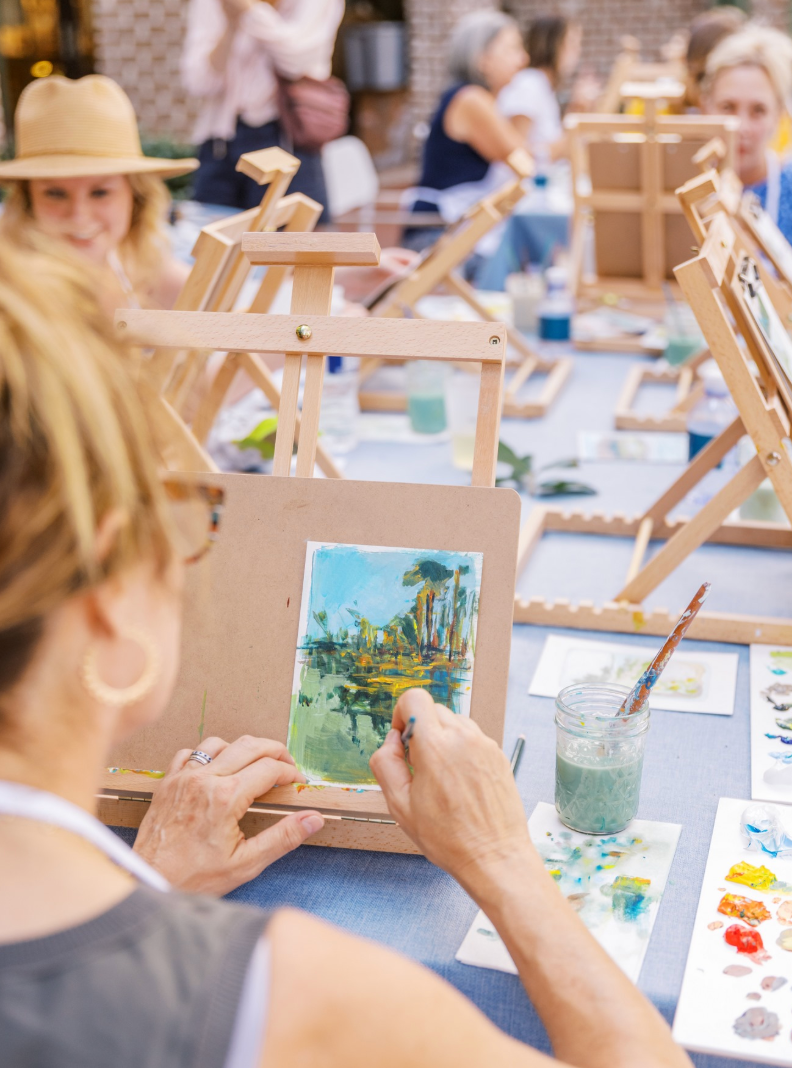
The Arts Initiative at Palmetto Bluff: 2026 Artist in Residence Artists and Workshops There’s a particular kind of quiet that settles over a workshop studio in the early morning; the kind where you can hear brushes moving across canvas, hands shaping clay, ...
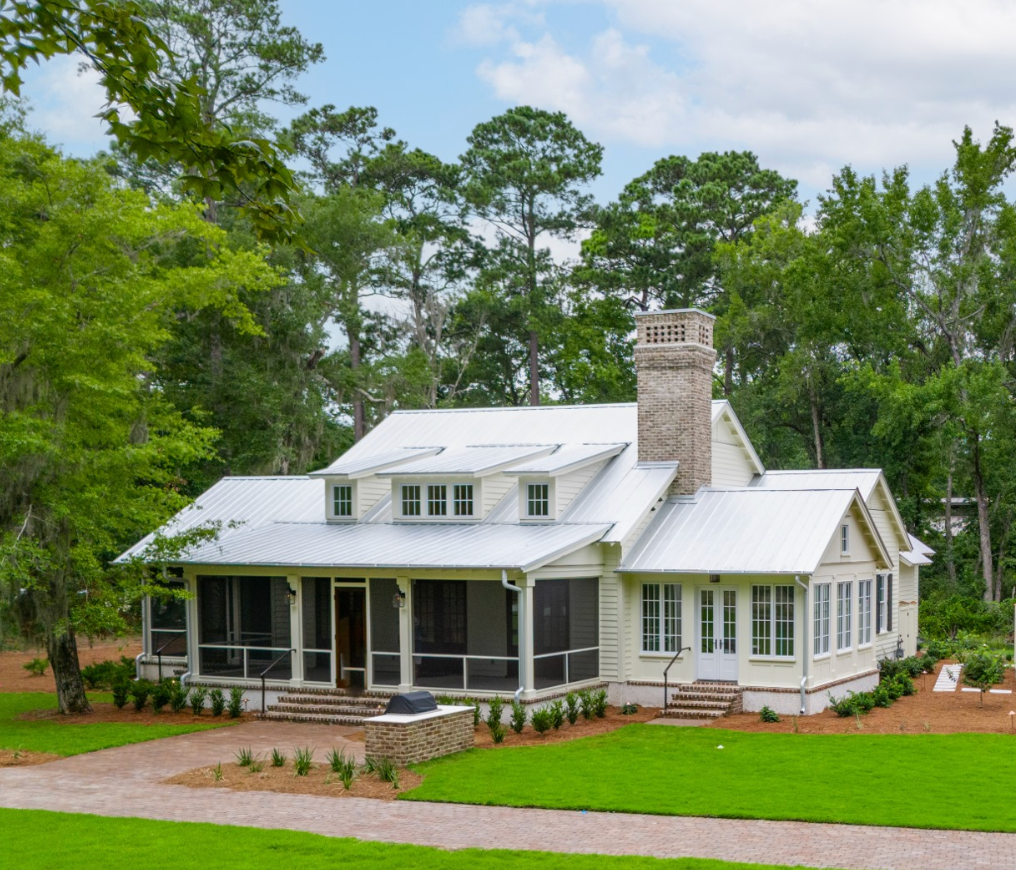
Montage Residences Palmetto Bluff: Turnkey Luxury Homes and Lucrative Real Estate Investments There’s a particular kind of real estate buyer who values their time as much as their money. They understand that true luxury isn’t just about owning things; it’s ab...
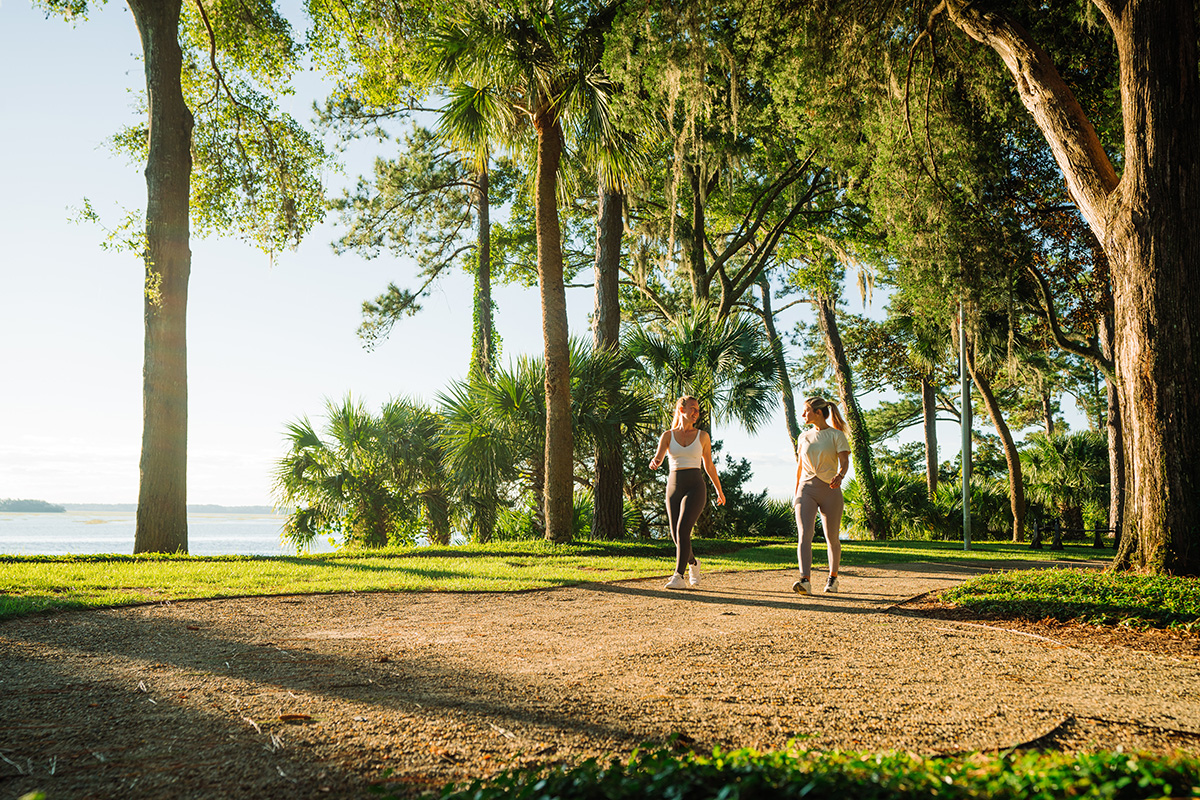
Before you let your New Year’s resolutions quietly fade, remember this: there are still eleven months ahead. Plenty of time. Plenty of possibilities. This year offers a different approach—one inspired by connection and support. At Palmetto Bluff, you’re sur...
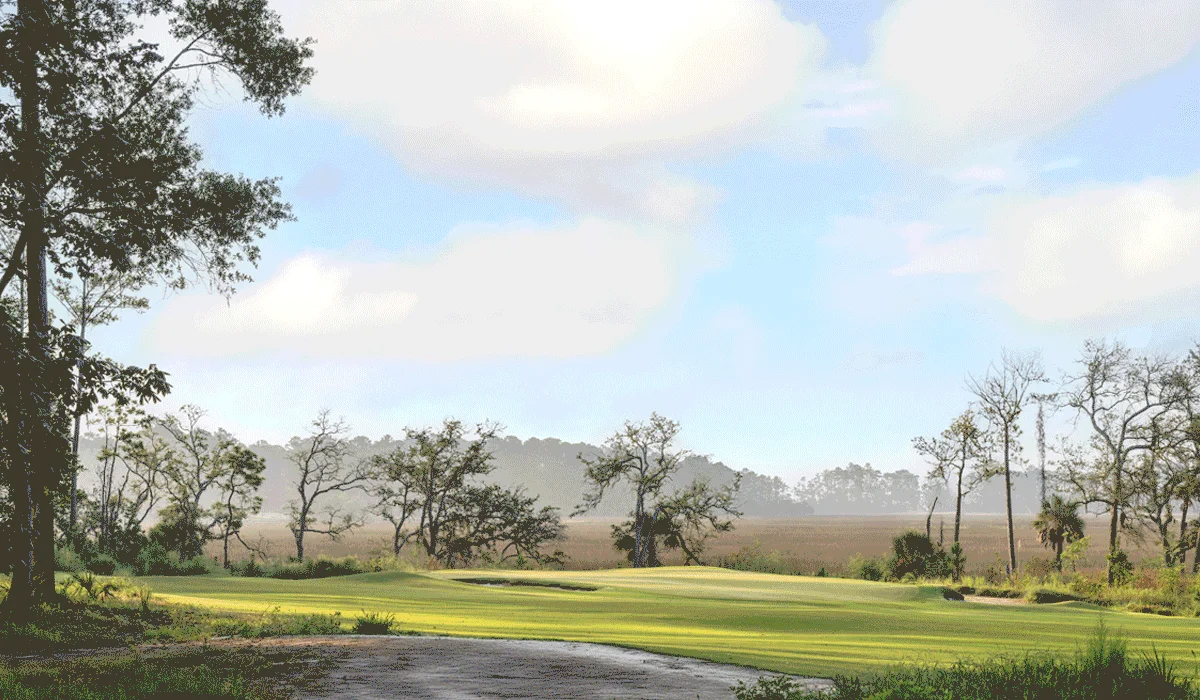
The newest golf experience at Palmetto Bluff is already drawing rave reviews. As the third pillar of golf experience at Palmetto Bluff, Anson Point brings with it a certain lofty set of expectations. After all, it’s hard to follow something like May River G...
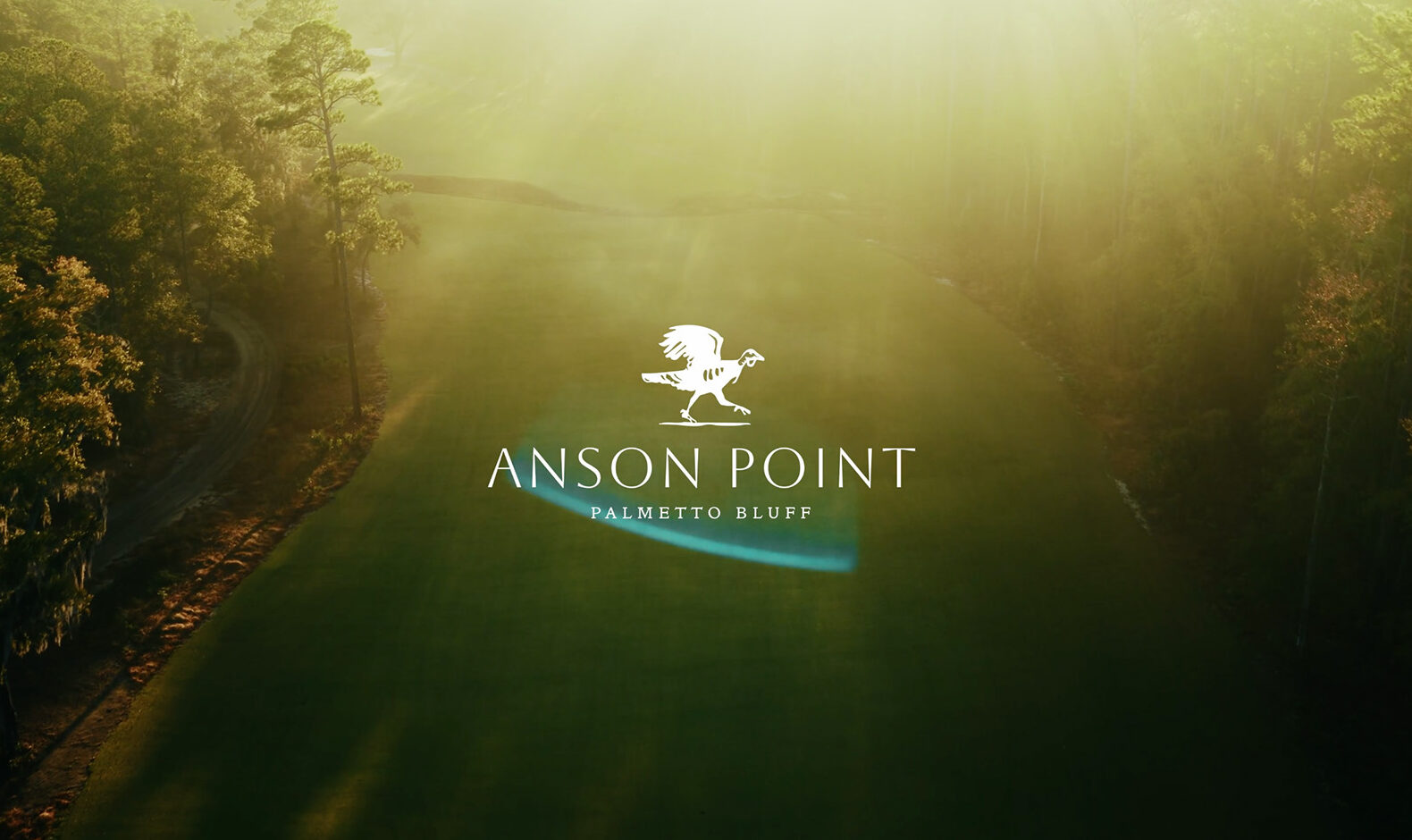
“It's the thrill of being involved in the creation, and it’s the gratification of watching that creation evolve in the manner which you’d hoped”.Bill Coore, Coore & Crenshaw Golf Course Architectshttps://vimeo.com/1155713833?share=copy&fl=sv&fe=c...
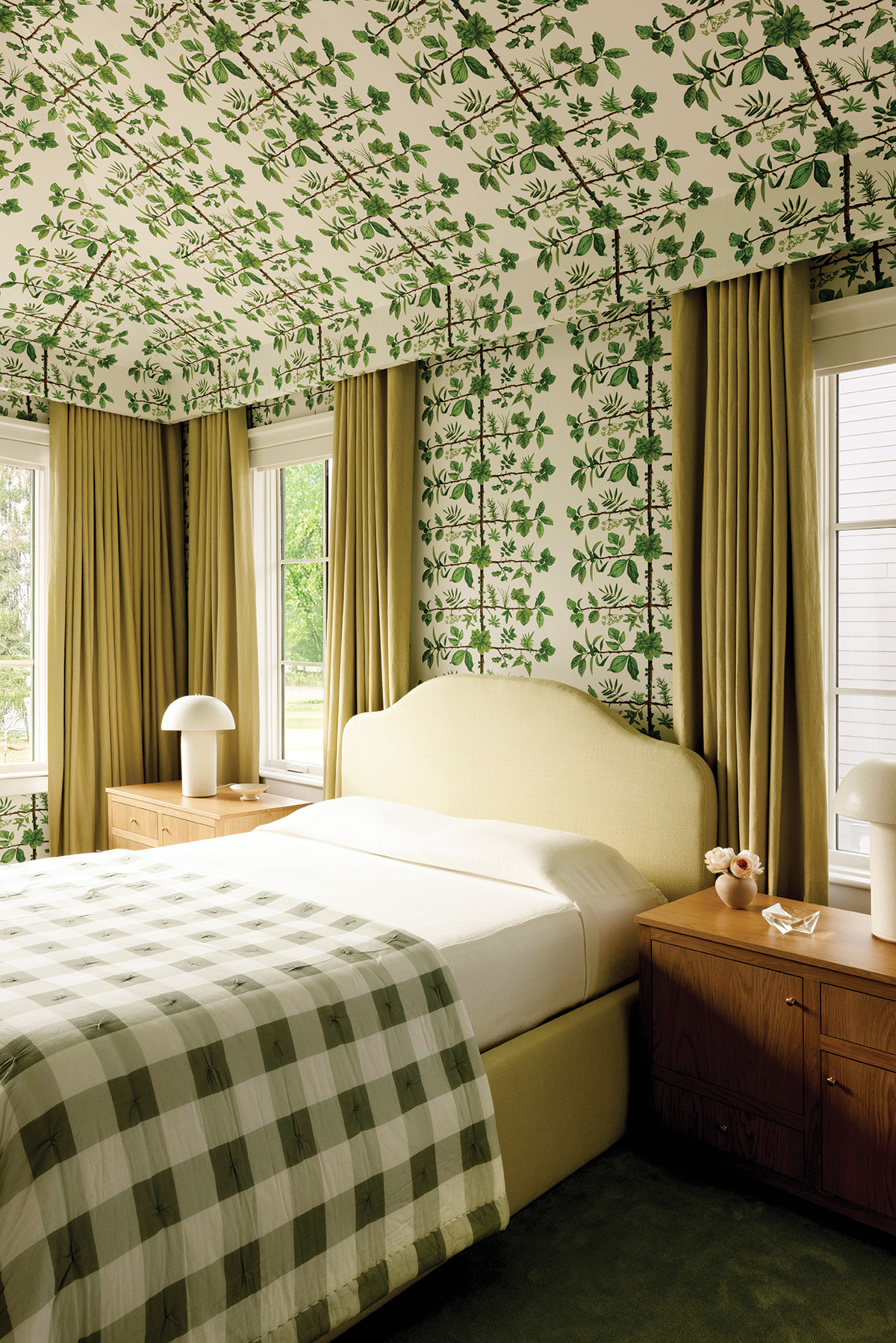
From punchy pastels to saturated jewel tones, color is breaking free of its neutral confines. In these artful Lowcountry homes, design becomes a joyful expression of personality and place.Story by Barry Kaufman / Photographs by Kelli Boyd and Nicole CohenInter...
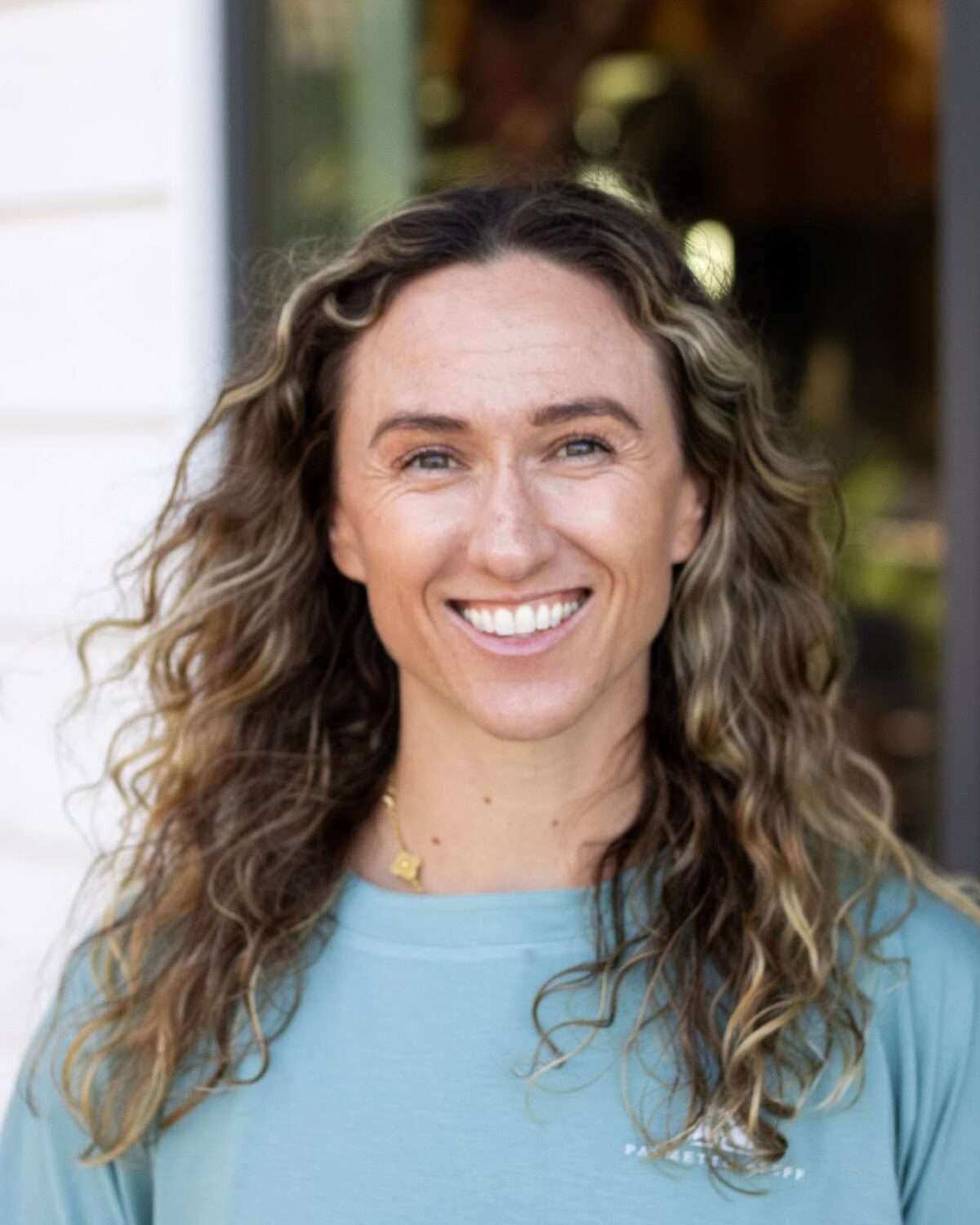
Inside the New Palmetto Bluff Club Fitness Center, Reformer Pilates Studio, and What Wellness Really Means Kendra Till's journey to Palmetto Bluff wasn't exactly a straight line. After growing up in Iowa and attending the University of South Carolina, her a...
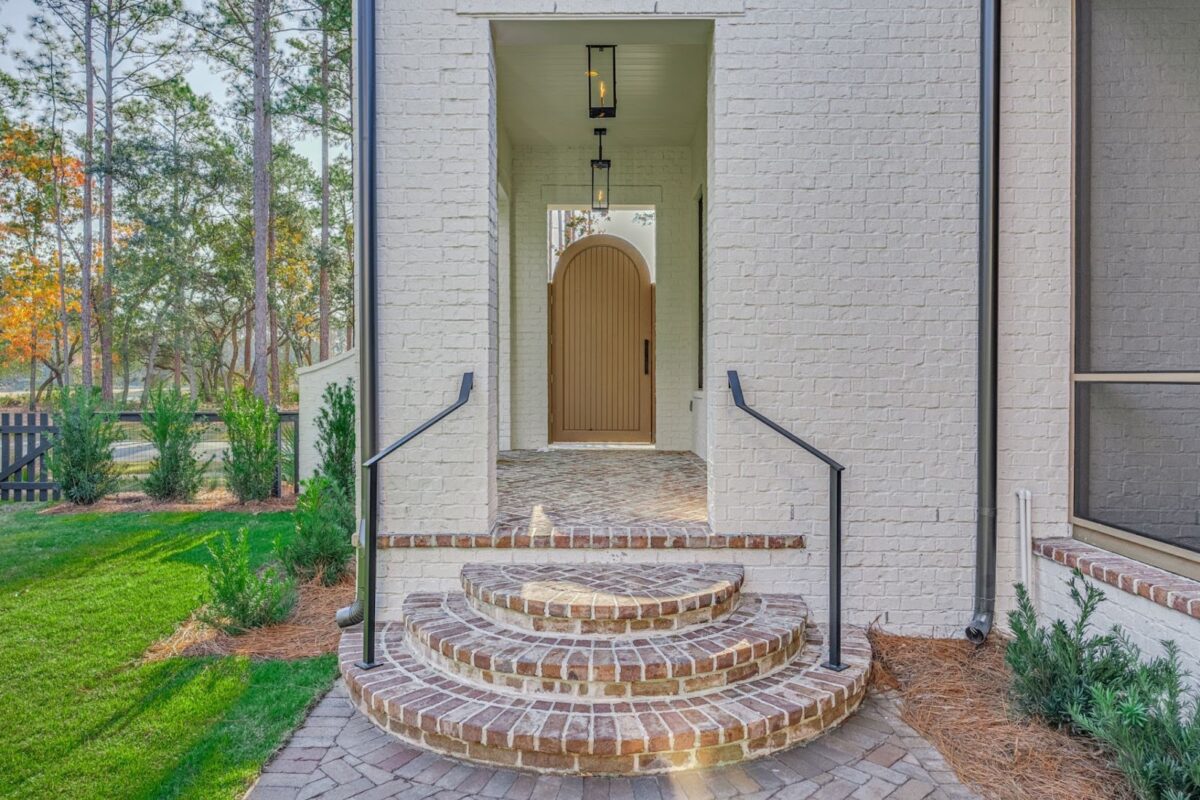
Palmetto Bluff Real Estate: Why Winter is the Best Time to Buy Your Lowcountry Home There’s something about winter in the Lowcountry that reveals the true beauty of what life at Palmetto Bluff truly feels like. Century-old live oaks strung with lights cast ...
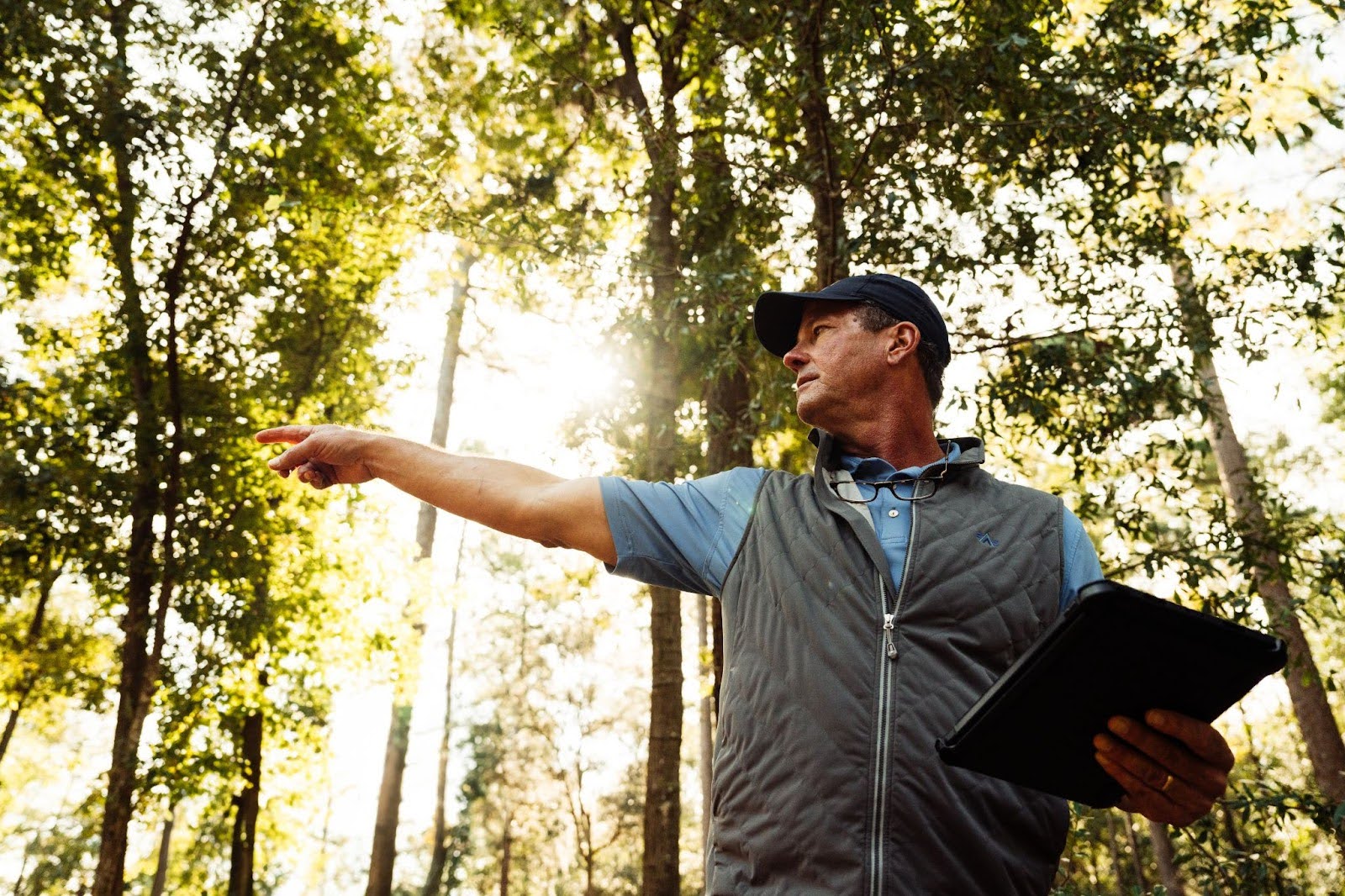
Anson Point Golf Course at Palmetto Bluff: A Coore & Crenshaw Nature-Forward Design Meet Palmetto Bluff’s Vice President of Development, Will Howard, a Georgia native who found his home in Bluffton over 20 years ago. As VP of Development, Will has a wide...

Warm, fragrant, and deeply comforting, Chef Beth’s Southern Sausage & Sage Stuffing is a holiday classic that brings together rich pork sausage, fresh herbs, and toasted bread for the ultimate savory side dish. Studded with green apples and aromatic vegeta...
We do not attempt to independently verify the currency, completeness, accuracy or authenticity of the data contained herein. All area measurements and calculations are approximate and should be independently verified. Data may be subject to transcription and transmission errors. Accordingly, the data is provided on an “as is” “as available” basis only and may not reflect all real estate activity in the market”. © [2023] REsides, Inc. All rights reserved. Certain information contained herein is derived from information, which is the licensed property of, and copyrighted by, REsides, Inc.